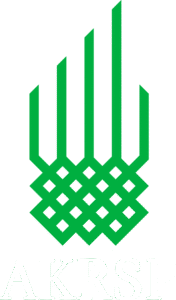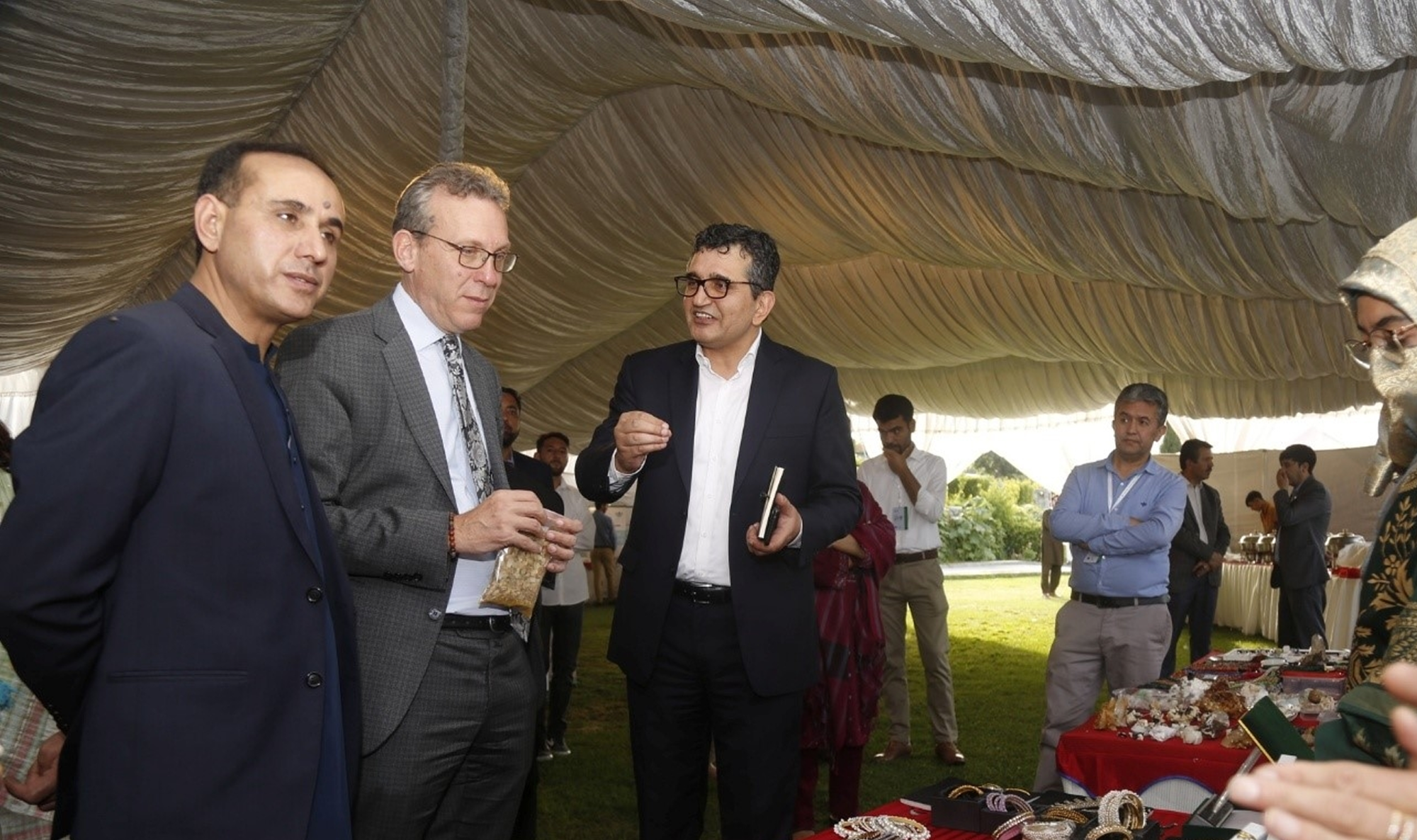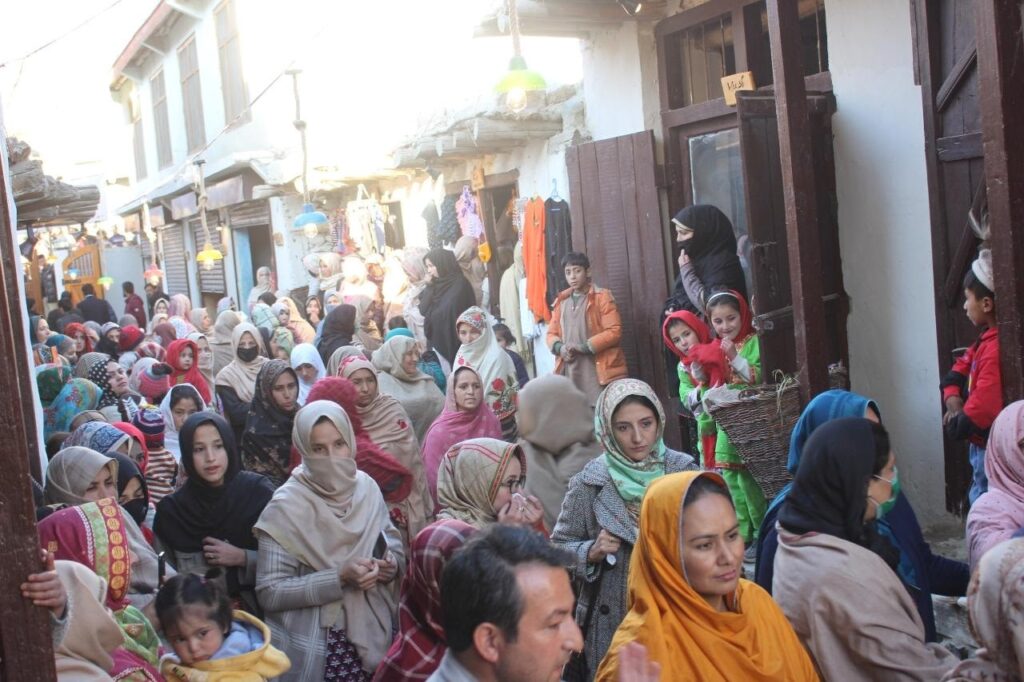
women-only market in Shigar.
By: Ghulam Muhammad, Manager Work & Enterprise
In the remote mountainous valleys of Baltistan in northern Pakistan, where societal norms and traditions have long restricted women’s economic participation, a meaningful shift is taking place. Women, once confined to household responsibilities, are now actively stepping into public spaces and running small businesses.
The Aga Khan Rural Support Programme (AKRSP), under the BEST4WEER project, has played a pivotal role in this transformation by reviving Shigar district’s first regular market, originally established by Sikh traders before 1947. This historic marketplace has now been repurposed as the district’s first women’s market, Rgylamo Xsongra. Shigar, renowned for some of the world’s highest peaks, including K2 and four more eight-thousanders, has witnessed a remarkable revival of its commercial spirit. For decades, Shigar market served as a thriving trade hub where Sikh traders brought goods from Jammu & Kashmir, Punjab, and beyond. Local communities engaged in barter trade, exchanging food, dry fruits, and handmade products with Sikh shopkeepers. However, following the traders’ departure in 1948, the market gradually fell into decline, and its structure deteriorated over time. Recognising the growing number of women operating small businesses from their homes, AKRSP, in collaboration with the district administration and Local Support Organisation (LSO) Markunja, undertook the ambitious task of restoring this historic marketplace.
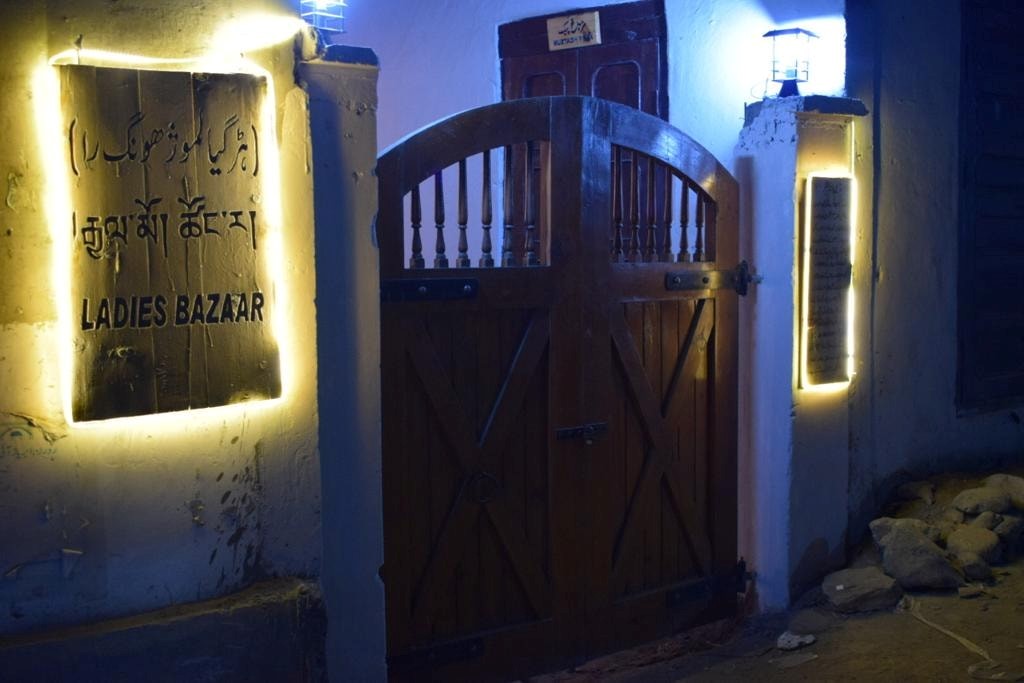
The demand for a dedicated space for women entrepreneurs was evident. A formal market not only expanded their access to customers, including the tourists visiting the region, but also provided a safe and supportive environment for business growth. Today, Rgylamo Xsongra hosts 16 women-led enterprises, ranging from garment and hosiery shops to dry fruit stalls, an IT centre, a beauty parlour, and traditional food outlets.
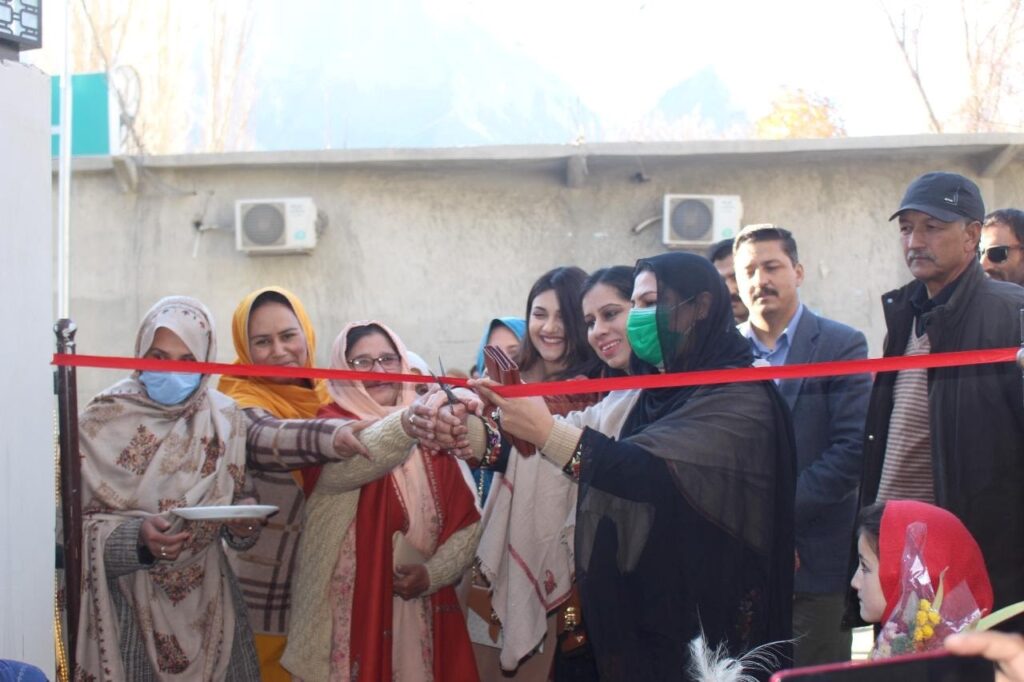
Shigar’s women’s market is part of a broader movement. Across Baltistan, AKRSP has established or upgraded 13 women-only markets in four districts under the BEST4WEER project, equipping them with essential infrastructure, reliable power supply, and enhanced security. These efforts have created an environment where women can work with dignity and confidence, overcoming economic barriers that once seemed too difficult to break.
Raja Azam, Minister for Health, Government of Gilgit-Baltistan, commended AKRSP’s role in fostering self-reliance, stating: “AKRSP has introduced a new dimension to social development, empowering our communities to address challenges independently. The establishment of women’s markets has been a game-changer. By not only providing access to marketplaces but also equipping entrepreneurs with resources and training, these initiatives have helped tackle economic hardships, particularly for women striving for self-employment.”
Expanding Opportunities: A Model for Change
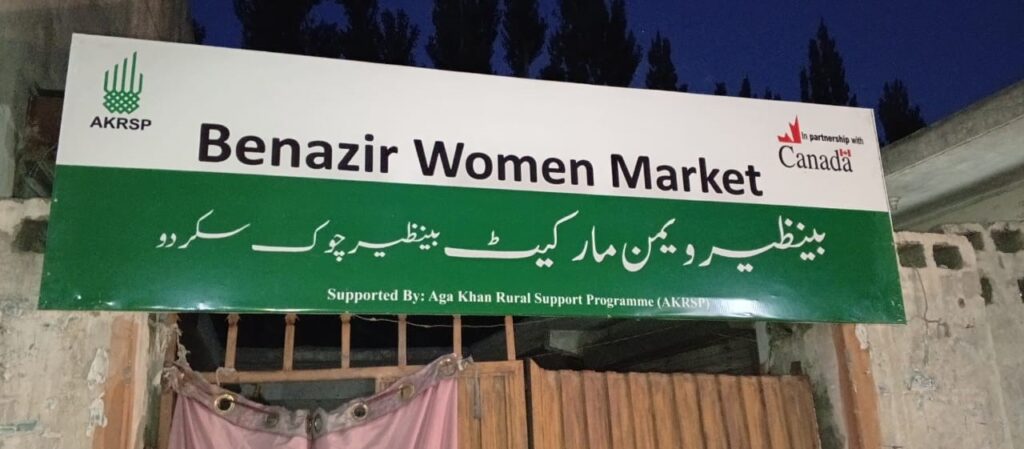
The impact of these markets extends beyond their physical spaces. In Gamba Women Market, a significant breakthrough occurred when the Local Support Organisation (LSO), the local administration, and the building owner collaborated to prioritise women’s participation. Encouraged by AKRSP’s advocacy, the owner took a bold step—reducing rental costs for women entrepreneurs and asking male tenants to vacate their shops. This unprecedented decision created new business opportunities for women and set a powerful precedent for gender-inclusive economic policies.
A similar transformation took place in Barah, Ghanche district, where the women’s market was equipped with solar power, addressing a major operational hurdle. Fatima, a local shopkeeper, shared how this change reshaped her business:
“Previously, we had to close our shops early due to power outages. Now, with 24/7 solar electricity, we can meet customer demand even beyond regular hours. It’s not just about longer working hours, it’s about feeling safe, empowered, and fully in charge of our businesses.”
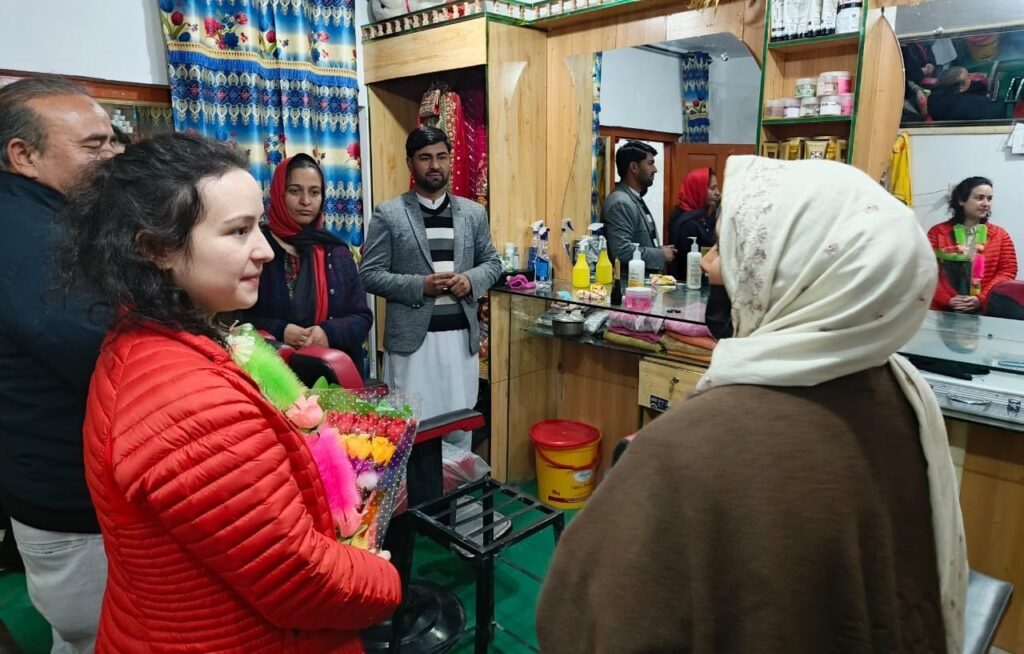
Acknowledging this progress, Haji Hameed, Minister for Local Government and Rural Development, expressed his support, stating: “The women of Bara have proven their entrepreneurial strength, particularly in agriculture and local produce. This market initiative provides them with a structured platform to expand their businesses, strengthen market linkages, and promote their products effectively. Given its impact, I am committed to advocating for budget allocations in the government’s Annual Development Plans (ADPs) to further support such initiatives.”
Beyond Infrastructure: Strengthening Market Linkages
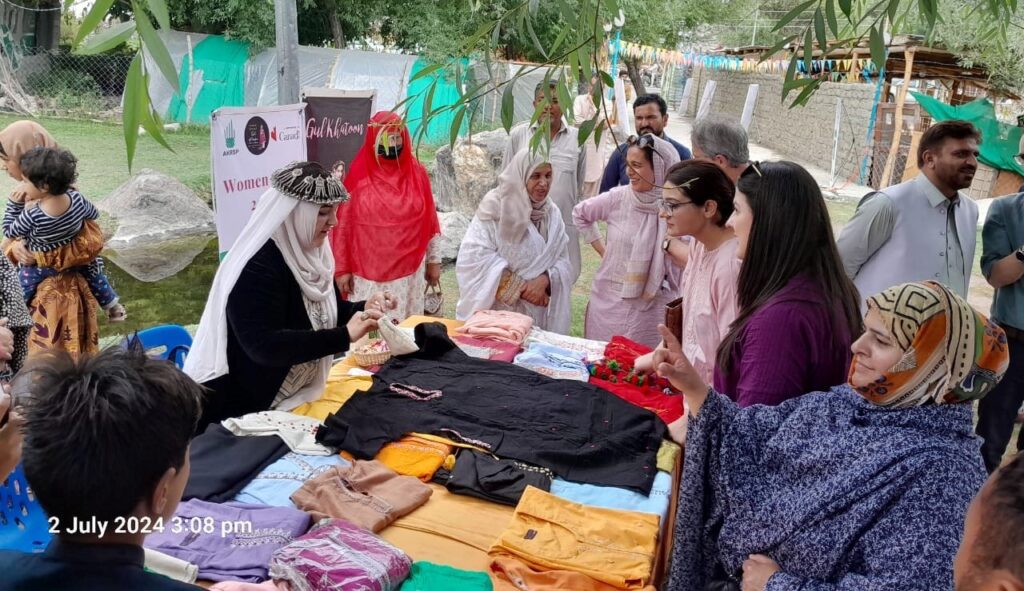
While establishing women-only markets created safe spaces for business, AKRSP recognised another critical challenge: limited market reach. To address this, the programme facilitated connections between women entrepreneurs, local markets, and national platforms.
Training sessions and exhibitions became crucial for showcasing women’s products. Over 15 events were organised, where 128 women entrepreneurs received training, displayed their crafts, networked with buyers, and gained valuable business insights. One participant from Ghanche district reflected on her experience:
“This was my first exhibition, and it opened my eyes to new possibilities. I learned about product innovation, market trends, and ways to scale my business beyond what I had ever imagined.”
The initiative has also received recognition from religious leaders. Syed Muneer, a local religious scholar, appreciated the programme’s alignment with Islamic principles, stating:
“Islam does not prohibit women from engaging in economic activities. In fact, the Holy Quran makes no distinction between men and women when it comes to earning through honest means (Kasb-e-Halaal). It is inspiring to see women using their skills productively while upholding cultural and religious values.”
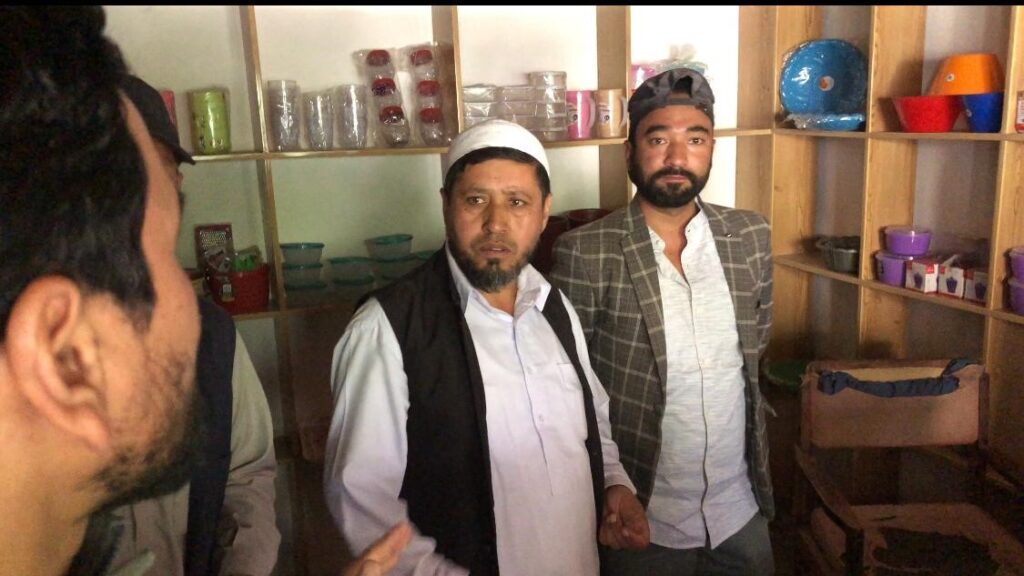
A Cultural Shift in the Making
Through these initiatives, AKRSP is not just supporting women-led businesses—it is nurturing confidence, fostering resilience, and inspiring a cultural shift. The women of Baltistan are demonstrating that, given the opportunity, they can drive the transformation, uplift their communities, and redefine the economic landscape.
With each market revitalised, each entrepreneur trained, and each product showcased, the transformation unfolds—not just in Baltistan’s marketplaces but in the broader societal perception of women’s economic empowerment.
